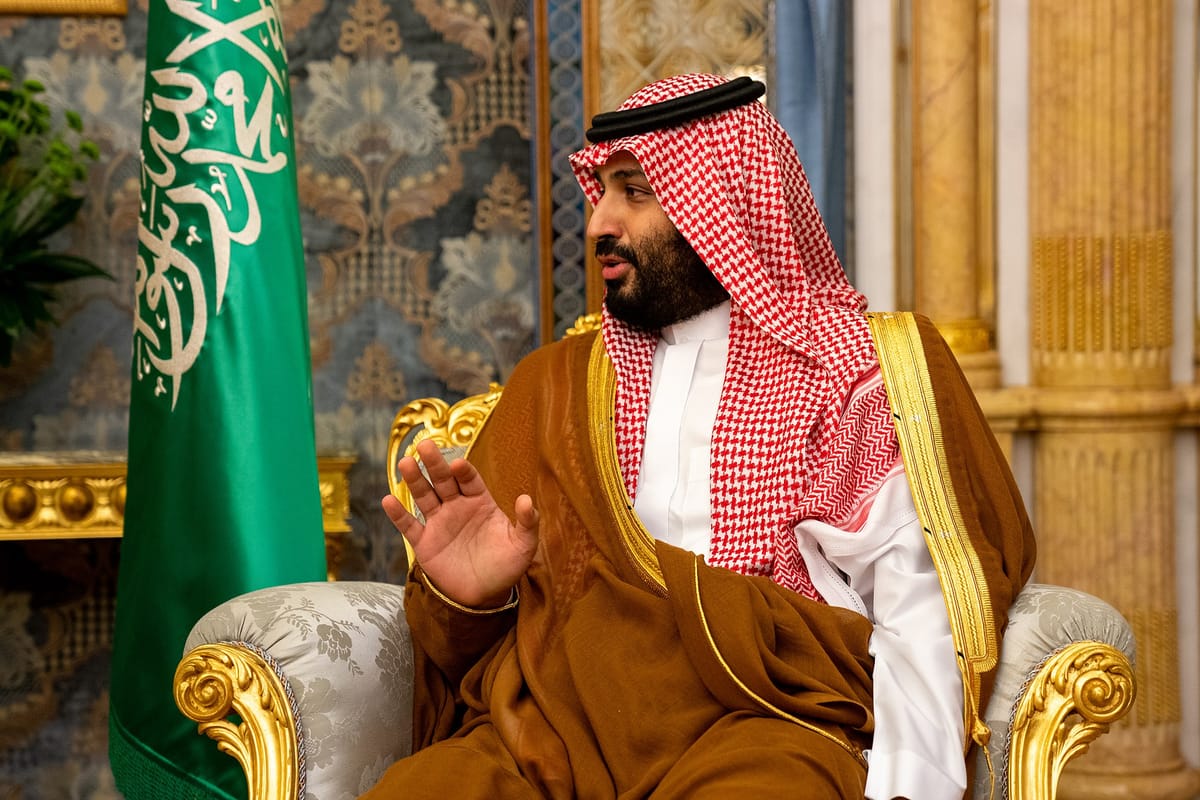Saudi Arabia codifies its laws

By Anna Fenton-Jones, BA Middle Eastern Studies
Amidst a turbulent period for the House of Saud, Crown Prince Mohammad Bin Salman has announced sweeping reforms to the Saudi Arabian legal system. The reforms are designed to modernise the country and ease its transition away from decentralised Sharia towards a comprehensive, codified legislation.
In February 2021, four new draft laws were introduced – a Penal Code for Discretionary Sanctions, a Law of Evidence, a Civil Transactions Law, and a Personal Status Law.
In contrast to other Arab states, uncodified Sharia law still governs much of how the Saudi judiciary functions. Without standardisation, rulings are decided by individual judges who apply their experience and understanding of the texts of the Hadith and the Quran. Similar cases can result in vastly different outcomes depending on the personal inferences of judges.
The Prince, often referred to as MBS, has cited this capacity for legal incongruity as his reason to introduce new laws. ‘The absence of applicable legislation has led to discrepancies in decisions and a lack of clarity in the principles governing facts and practices,’ he said. ‘In addition, the absence of a clear legal framework for private and business sectors has led to ambiguity with respect to obligations. This was painful for many individuals and families, especially women. It also permitted some people to evade their responsibilities. This will not take place again.’
The late King Abdullah took significant steps towards remaking the judicial order in Saudi Arabia in the decade following the millennium. He created a Supreme Court to absorb the religious Supreme Judicial Council and consolidated various quasi-judicial bodies spread across the Kingdom. Saudi legal scholar Frank E. Vogal described them as ‘not a shot but a barrage across the bow of his partners in rule, the conservative religious establishment.’
Considerable pushback by religious leaders and judiciary meant that little had been done to change Saudi law until MBS became the de facto leader. Some argue that to modernise Saudi legislation is to actually make it more European, as was the case with many other Islamic countries in the 20th century.
Others suggest that the act of codifying Sharia might be profane in itself. Nathan J Brown, political science professor at George Washington University, suggests this is most obvious in the legal language of the kingdom. ‘The Saudis studiously avoid words used elsewhere in the Arab world for law, qanun, since it suggests that human words rather than divine ones lay at the basis of the legal order.’ ‘Nizam’, system, is used to refer to the decrees issued by the Royal Family instead.
‘Making law is a critical attribute of sovereignty,’ Brown continues. ‘And that is precisely the concern in Saudi Arabia, a polity that takes divine sovereignty quite seriously. Law is to be made in accordance with God’s will.’
The Personal Status Law is being touted by Saudis as an important step towards improving the rights of women, building on the reforms made to the kingdom’s guardianship laws in 2019 that, amongst other changes, gave women the right to drive.
Human Rights Watch have criticised this implication, suggesting that ‘without significant input from women’s rights advocates, the discrimiation in practice may simply be codified into law.’ They also draw attention to the remaining guardianship laws which require women to gain permission from their male guardians to marry and still allow men to file cases against their female relatives for ‘disobedience’.
“‘Mohammed bin Salman is desperate to improve the world’s view of the country,’ said Saudi anthropologist Madawi Al-Rasheed.”
‘Mohammed bin Salman is desperate to improve the world’s view of the country,’ said Saudi anthropologist Madawi Al-Rasheed.
While MBS seems determined to push through the reforms that his predecessors couldn’t achieve, he has also reacted ruthlessly to any dissent. Two prominent women’s rights activists, Nassima al-Sadah and Samar Badawi, remain behind bars after being arrested in 2018 in protests that led up to the change in guardianship laws. Activist Loujain al-Hathloul, recently released after 1,001 days in jail, said she was subjected to torture and sexually abused while imprisoned.
The kingdom is seeking to attract investors as it diversifies its economy and transitions away from oil. MBS’s Vision 2030 project aims to make it one of the world’s largest investors in public and private equity. These legal reforms are ‘[..] an important step on the path towards global best practices that give businesses the confidence to invest,’ said Tarek Fadlallah, Middle East CEO at Nomura Asset Management.
Several business leaders declined to attend the Future Investment Initiative conference, dubbed ‘Davos in the Desert’, in Riyadh in 2018 after the killing of journalist Jamal Khashoggi inside the Saudi consulate in Istanbul. All returned for the event in January 2021, despite the release a month later of the long awaited report into Khashoggi’s death by US intelligence agencies concluding that MBS had personally ordered the killing.
Photo caption: Defacto Saudi leader Crown Prince Mohammed Bin Salman in 2019. (Credit: US State Department photo by Ron Przysucha/ Public Domain)



